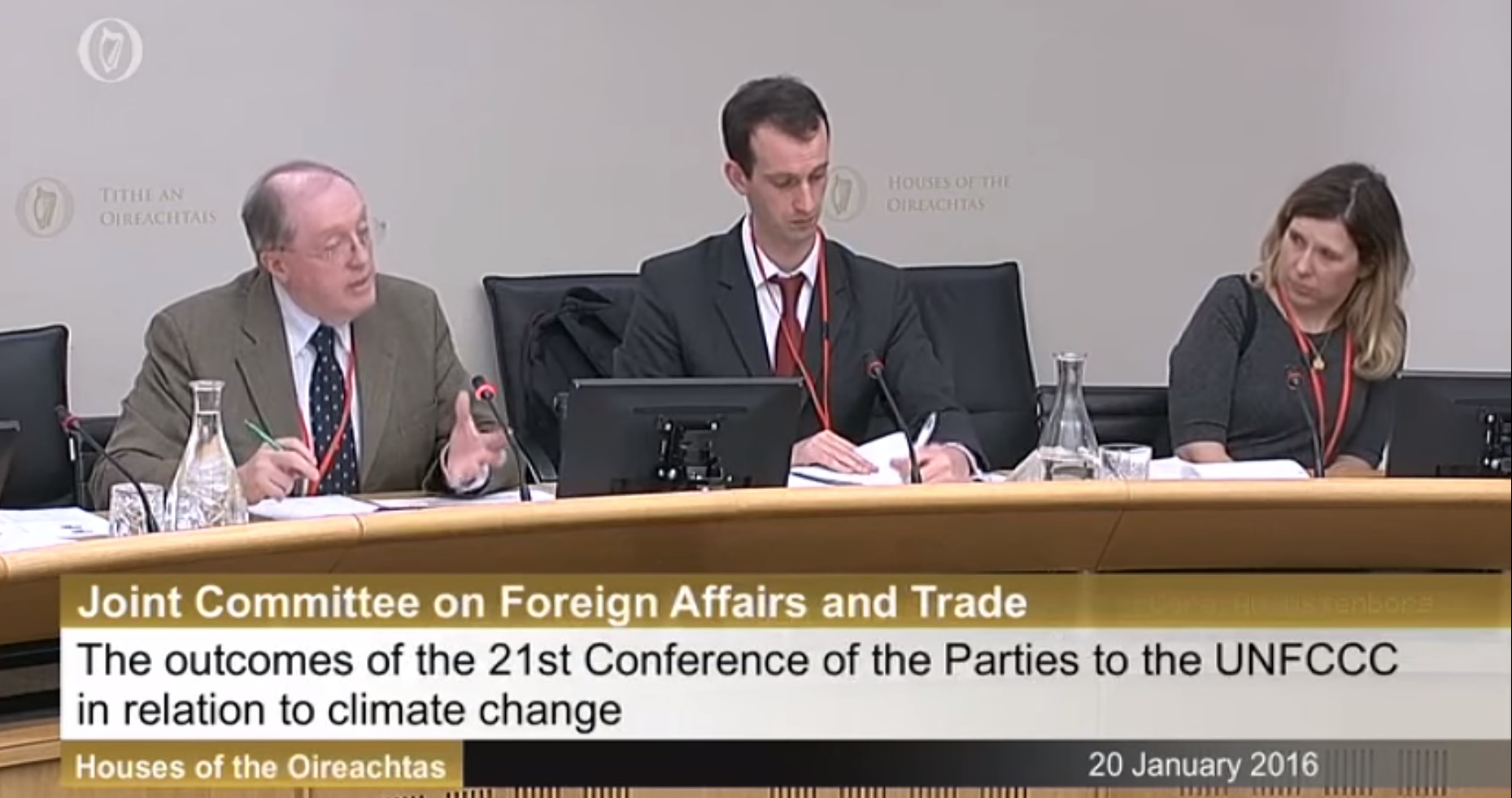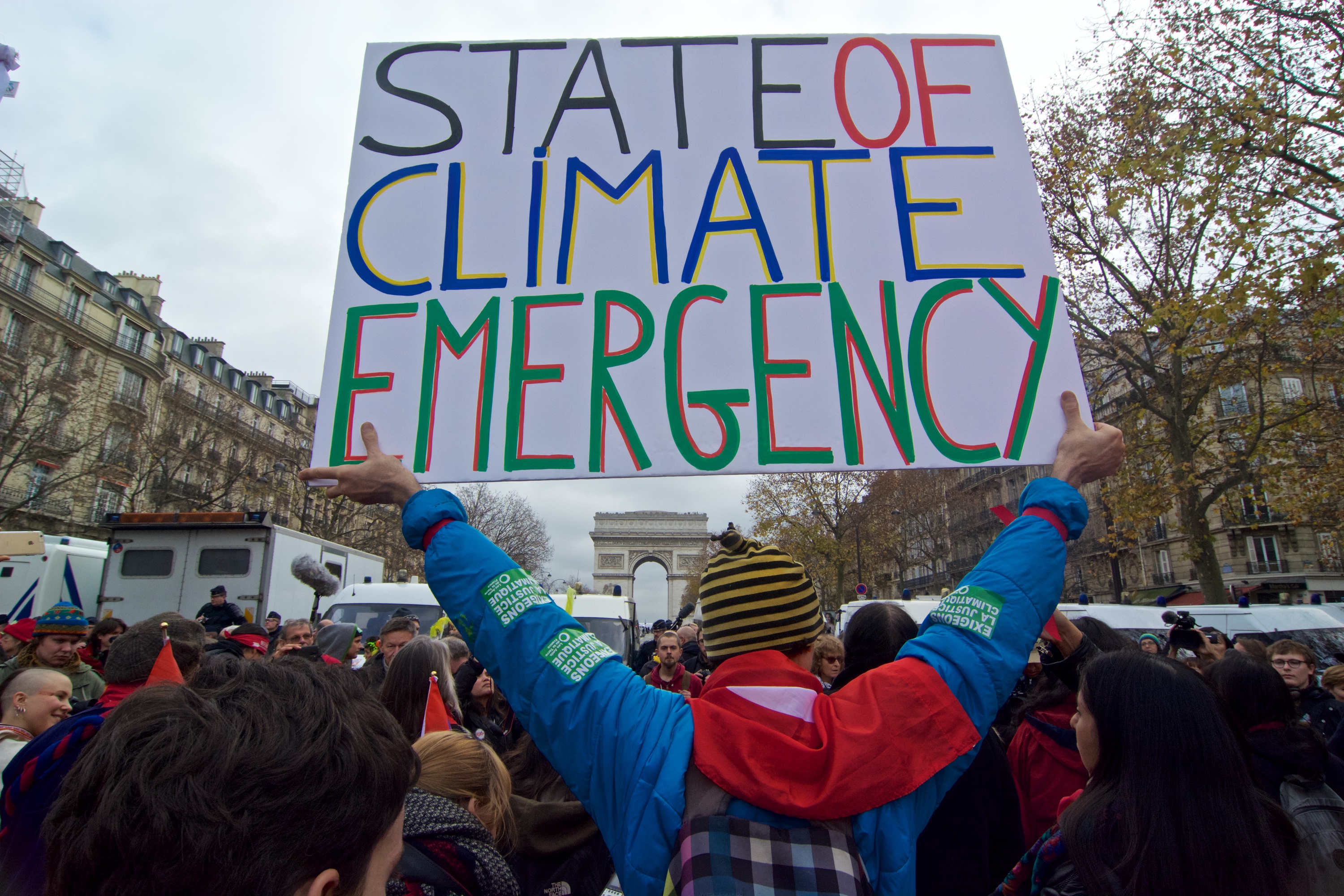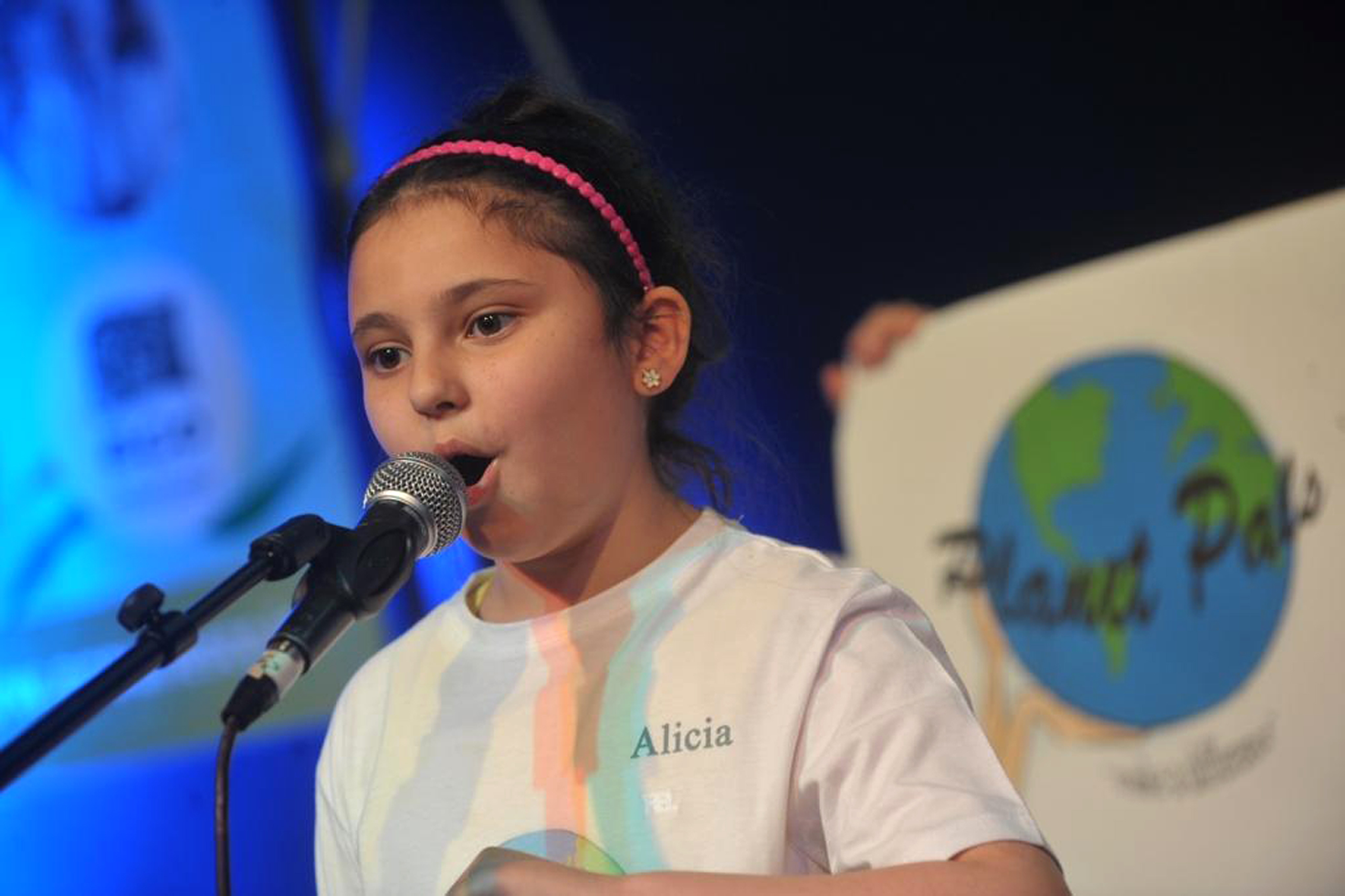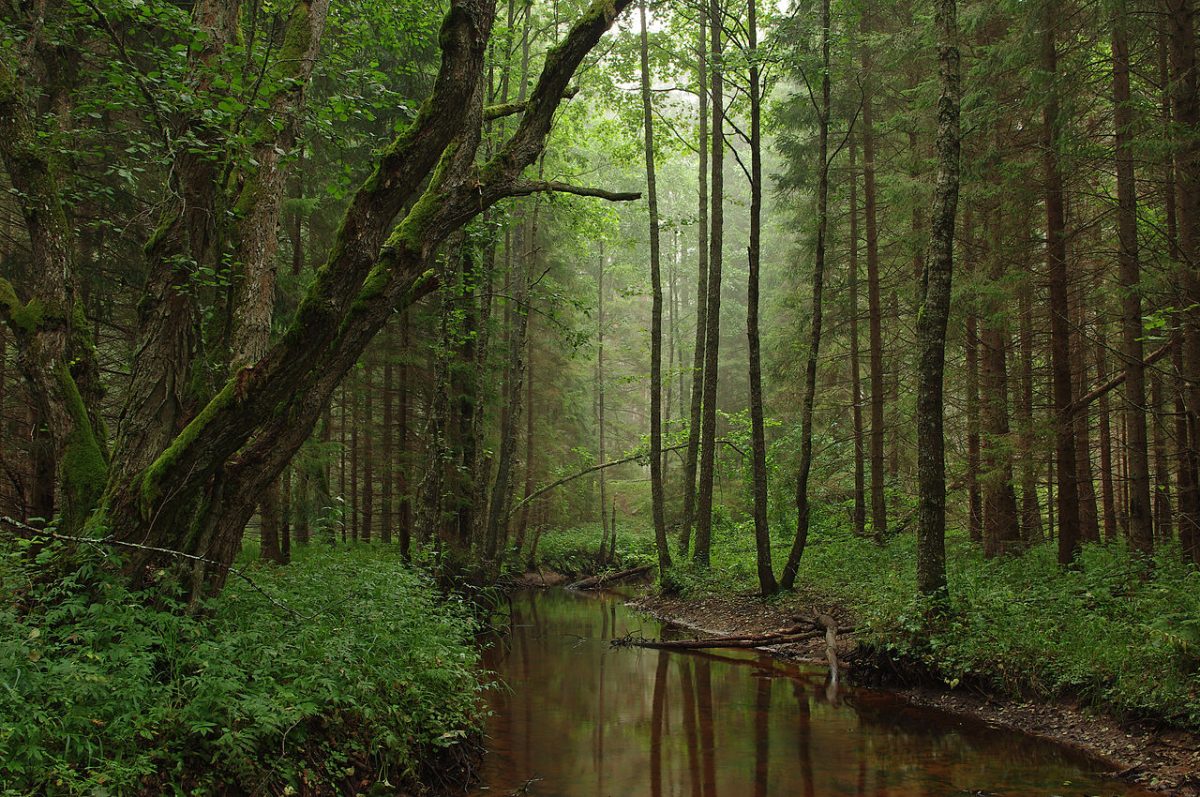Deflection: Leo brushes off worst in Europe climate tag

December 12th, 2018
It was a case of deflection and rejection in the Dail yesterday as the Taoiseach chose to pass up an opportunity for reflection on our poor climate record to date.
Leo Varadkar was asked by the Green Party’s Catherine Martin during Leader’s Questions about the “embarrassing, disgraceful and shameful” ranking of Ireland as the worst EU performer on climate action in the 2019 Climate Change Performance Index.
The joint-report released yesterday from Germanwatch, the NewClimate Institute and Climate Action Network singled out Ireland as the worst performing European country on climate for the second year running.
The report places Ireland in 48th place of 56 countries examined, leaving us closer to Donald Trump and the oil baron hub of Saudi Arabia than our European compatriots closer to the top of the rankings.
Leo was in no mood, however, to respond to the report’s findings. Instead, he focused on the fact that the scorecard was developed by an advocacy and campaign NGO.
“We need to make a distinction between report cards, claims and assertions made by campaign organisations as opposed to those made by official bodies such as the CSO, the UN or the EPA,” he said.
“There is a very big difference between official statistics and those that are calculated by an NGO or an advocacy group that has a particular agenda.”
The Green News has looked at some of the recent figures coming out of the bodies that the Taoiseach mentioned and the findings are clear (look away now Leo).
Yesterday's report which found Ireland last in Europe on #climateaction is obviously an "inconvenient truth" for the Taoiseach.
Instead of showing leadership, he discredits NGOs and advocacy groups who hold him to account. @greenparty_ie @think_or_swim @CAugustenborg pic.twitter.com/FOJSVTYKF6
— Catherine Martin TD (@cathmartingreen) December 11, 2018
Environmental Protection Agency
Just last week, the EPA released its latest emissions calculations that show Ireland’s emissions dropped by less than one per cent in 2017, leaving us well off track to meet our 2020 climate targets.
The environmental watchdog found that that Ireland’s emissions were 60.75 million tonnes last year – 3 million tonnes over the pathway required to meet our 2020 targets.
The previous year, the environmental watchdog found that our emissions increased by 3.5 per cent in 2016 with significant increases observed in agriculture, transport, and energy.
Emissions from three of the five main air pollutants in Ireland – ammonia, nitrogen oxides, and non-methane volatile organic compounds (NMVOCs) – also increased in 2016, according to the EPA.
The agency warned that limiting such emissions will be difficult due to the Government’s ambitious agricultural targets under Food Wise 2025. Ireland had the fourth largest cattle herd in the EU with 7.4 per cent of total cattle numbers in 2016.
Central Statistics Office (CSO)
The findings in the CSO’s Environmental Indicators Ireland 2018 report don’t fare any better for the Taoiseach, with Ireland found to have the third highest emissions of greenhouse gases per capita. Our emissions were 50 per cent higher than the EU average, the CSO said.
While air quality in Ireland has improved since 1990, the CSO found that we still perform poorly compared to other EU Member States in particular for ammonia and NMVOCs.
The Government has increasingly pushed forestry as a key solution to capture and store carbon in Ireland. The CSO figures show, however, that we have the second lowest level of forest cover in the EU at just under 11 per cent. The EU average is 33.5 per cent.
UN
Experts from the Intergovernmental Panel on Climate Change (IPCC) told the Climate Action Committee last month that Ireland’s export-driven dairy policy is not compatible with the level of ambition needed to limit rising emissions.
The IPCC was created by the United Nations Environment Programme and the World Meteorological Organization in 1988 to assess the science related to climate change.
Speaking at the hearing, Dr Pierre Marie Aubert said that the dairy sector’s move toward “intensification, concentration, and specialization” is not compatible with the target of keeping the average global temperature rise to 1.5 °C above pre-industrial levels.
Dr Aubert warned that it is “unlikely” that increasing the herd is a viable option going forward, even if Irish dairy products are amongst the most carbon efficient in Europe.
The export-oriented Food Harvest plan outlines ambitious targets to raise the total milk production by 50 per cent in volume between 2010 and 2020, and by 20 per cent in value over the same period.
Last month, the UN’s Special Rapporteur on Human Rights and Environment concluded that the State has “clear, positive, and enforceable obligations” to protect against breaches of human rights by climate change.
Professor David Boyd said that the Irish State has “positive human rights obligations” to lessen the impact of climate change by rapidly reducing its greenhouse gas emissions.
“It must reduce emissions as rapidly as possible, applying the maximum available resources. This conclusion follows from the nature of Ireland’s obligations under international human rights law and international environmental law,” he said.
[x_author title=”About the Author”]






